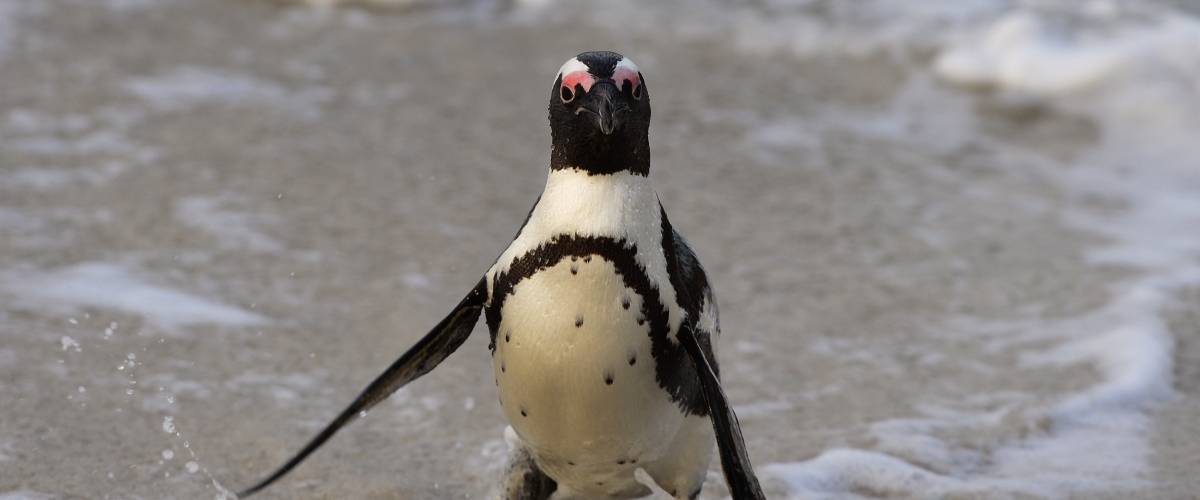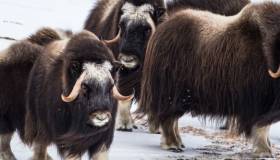
January 21, 2015 – Known as the jackass penguin because of its donkey-like bray, the African penguin once flourished. Unfortunately, this penguin species—the only one to breed in Africa—has suffered severe population declines in recent years and is currently classified as endangered. Current numbers are estimated at only 10 percent of the more than 1.45 million adult penguins that existed at the start of the 20th century.
Despite being widely popular with tourists, this highly charismatic penguin faces threats from oil spills and reduced food sources at least partly due to commercial fishing. In addition, some populations of African penguins suffer from several common diseases, including avian malaria and babesiosis, both parasitic blood disorders; and aspergillosis, a fungal disease.
In 2010, veterinary student scholar Michaelle Purdee from the University of Georgia, along with a team of seasoned researchers, examined a new and uncommon bloodborne bacteria. Borrelia, which can cause borreliosis, a tick-borne zoonotic disease that results in relapsing fever, had been identified in six African penguins taken to a rehabilitation center in South Africa.
With the help of Morris Animal Foundation funding, the team identified potential carriers for disease transmission and discovered that prevalence rates were significantly higher among chicks and juveniles compared with adults. They also learned that prevalence rates were higher for birds sampled during the summer months of October to February compared with those sampled in winter. This study shed valuable insight into yet another disease affecting African penguins and highlighted the need for additional research into disease-producing organisms that affect these endangered birds.
You can support work that helps extend the lives of animals from all corners of the world. Donate today!



